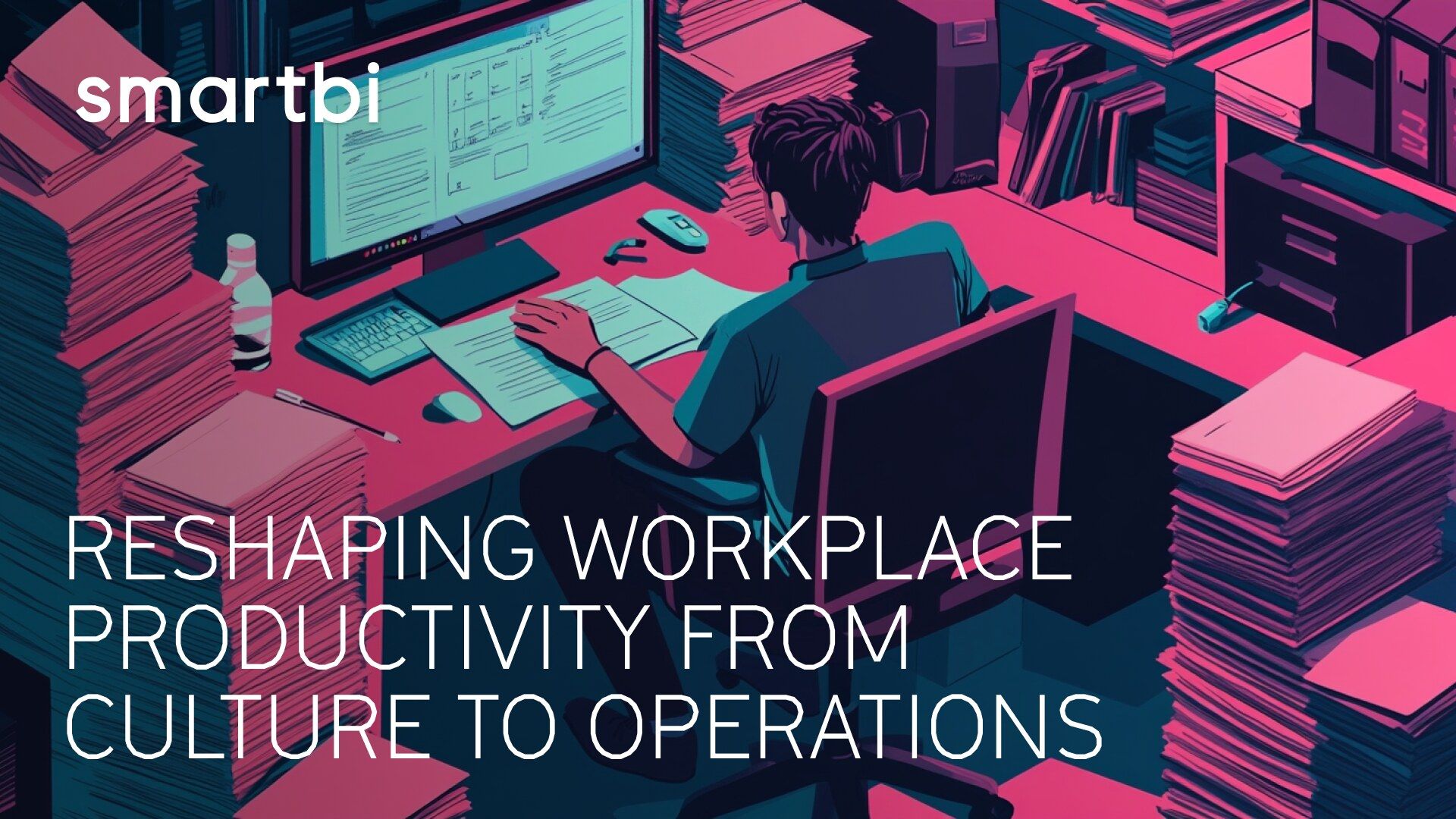
Generative AI is changing workplace cultures by transforming how legacy tools and platforms are used. This shift is particularly significant given the current inefficiencies in information retrieval. Coveo's 2023 Workplace Relevance Report reveals that the average worker spends about three hours a day searching for information, highlighting the substantial impact GenAI could have on workflow optimization.
One of the biggest bottlenecks in every company's journey is onboarding new employees. This is particularly the case of industrial companies, where looking for the right information requires deep dives into user manuals, reports, and technical documentation. Newcomers must often familiarise themselves with the nuts and bolts of the machines and with other mechanical components, electrical circuits, and digital interfaces.
The complexity and volume of this information can overwhelm new hires, leading to prolonged onboarding. As a result, this potentially complicated and inefficient process can cause delays in downtime and cause new employees frustration.
Generative AI is helping to streamline information retrieval
One of the ways that we've seen GenAI boosting companies' internal workflow is by helping with onboarding new employees, especially in roles that require technical knowledge and machinery know-how. In addition to the all-necessary technical information often found on the intranet, legacy systems contain other critical details, from corporate policies and news to operational updates and other resources.
GenAI can streamline information retrieval by pointing to the right information source and, if needed, condensing lengthy documents into quick summaries.
Imagine a new engineer troubleshooting a distillation column issue in a chemical plant. A newcomer asks the AI: "Unusual pressure fluctuations in distillation column DC-101 during the startup phase." The tool swiftly responds: "I've found three relevant sources: the DC-101 manual, a recent incident report, and safety guidelines. Key points are to check pressure relief valves, verify feedstock composition, and ensure proper column preheating." This demonstrates how a tool like that can immediately pinpoint relevant information and provide a summary, helping the new engineer troubleshoot more effectively.
Common (and valid) concern – what about privacy?
While GenAI tools are becoming more common, many companies express privacy concerns. Many have banned the external or internal use of generative AI solutions to address this.
So, how can employees take advantage of the technology while protecting the company's IP?
It is possible to take public models like GPT, Gemini, Claude ja Falcon and adopt them internally while not allowing the tool to store data outside the confines of the intranet. While all this is said – the data processed by these models is often handled on the providers' servers, so we recommend using it cautiously, especially in privacy-heavy industries such as healthcare, financial services, telecommunications, chemical manufacturing, and energy production.
As we wrote in our previous blog post, excellent, secure alternatives are widely available through open-source solutions. These can be deployed locally, enabling advanced AI without transmitting data to external servers and ensuring safe data management. While they require additional, often hefty hardware, this investment makes sense for businesses prioritizing safety.
On that note, building secure solutions often means customizing. While building customized, tailored solutions can be more resource-intensive, it comes with a significant and most important advantage – the highest possible security status. Relying only on the security solutions provided in an off-the-shelf application or platform increases vulnerability, particularly when that system encounters failures or gets hacked.
In the long run, companies that invest in secure, customized AI systems will be better equipped to navigate the challenges of modern workplaces, particularly the demands of efficient information exchange – especially during critical processes like employee onboarding.
Get in touchCould AI be applied to your business case?
Subscribe to the newsletter and learn how AI can solve business challenges.